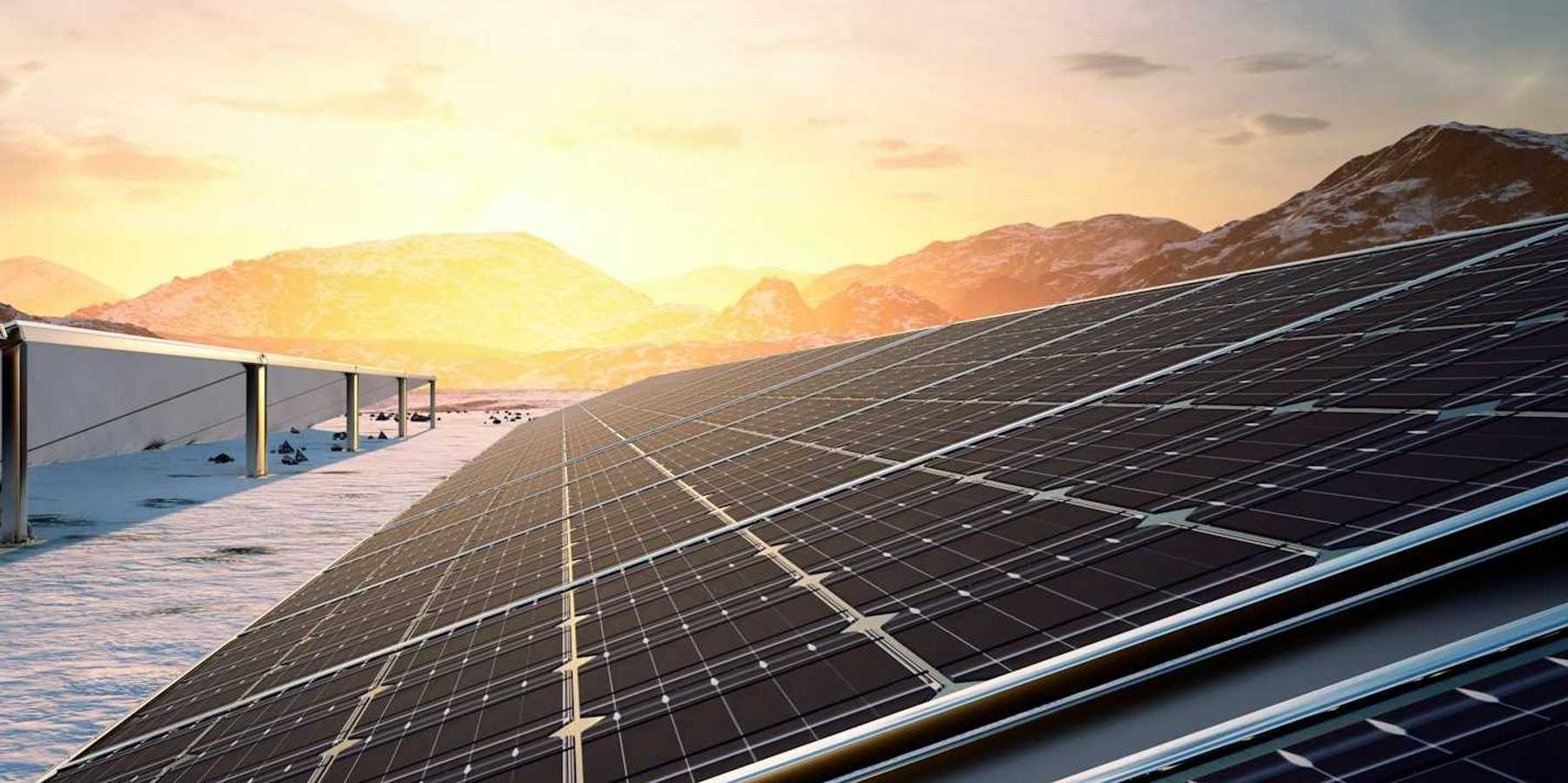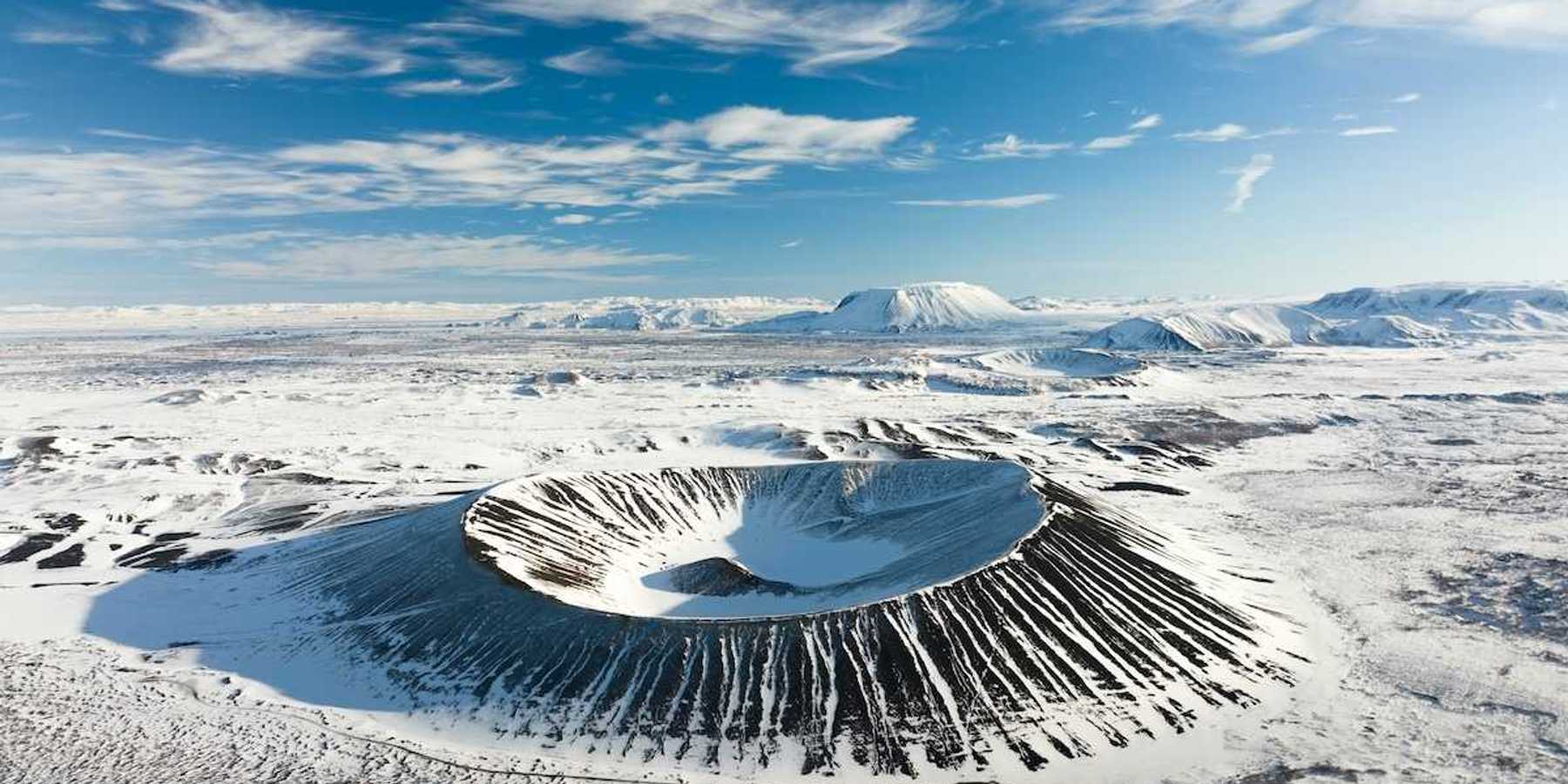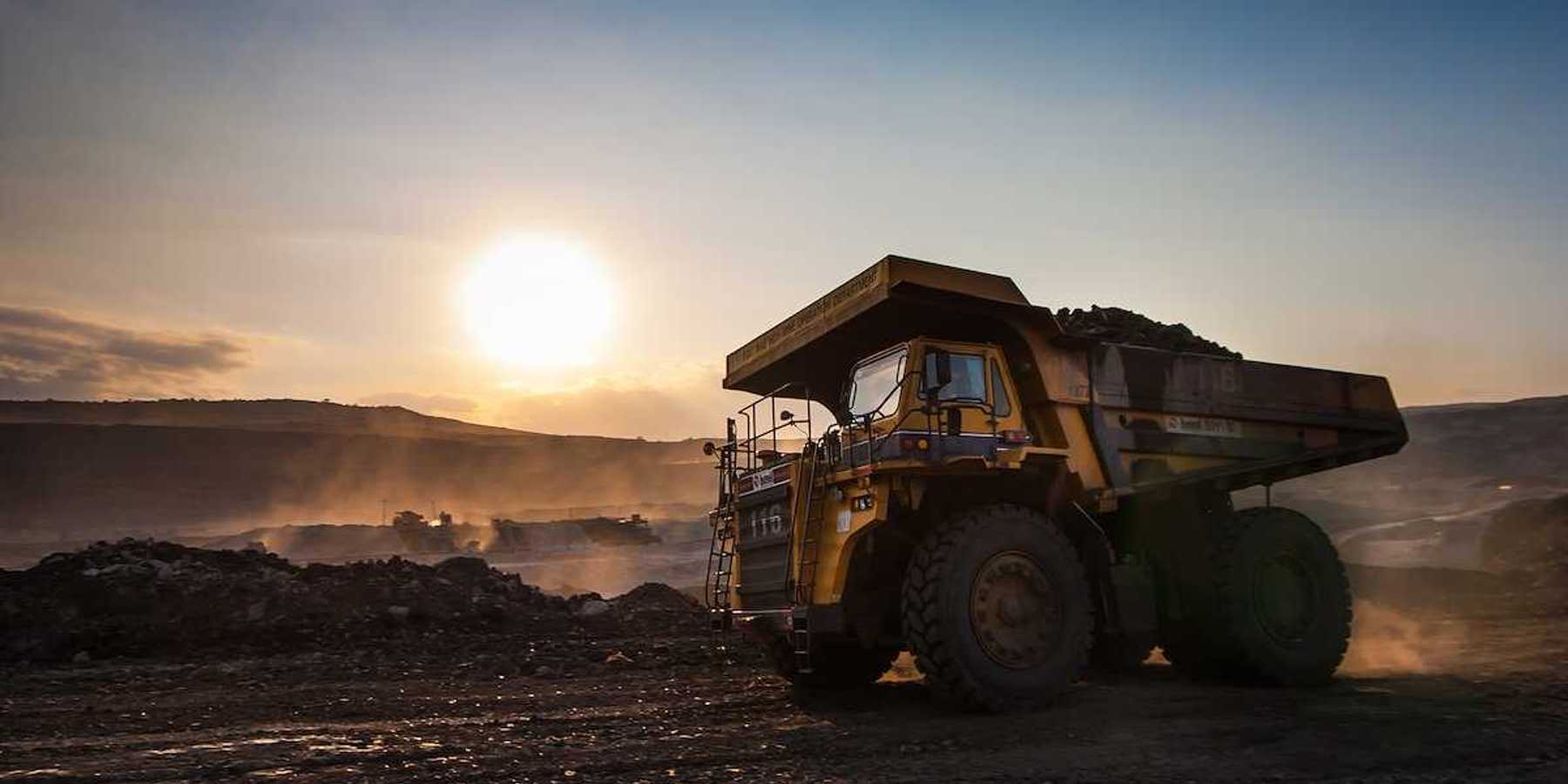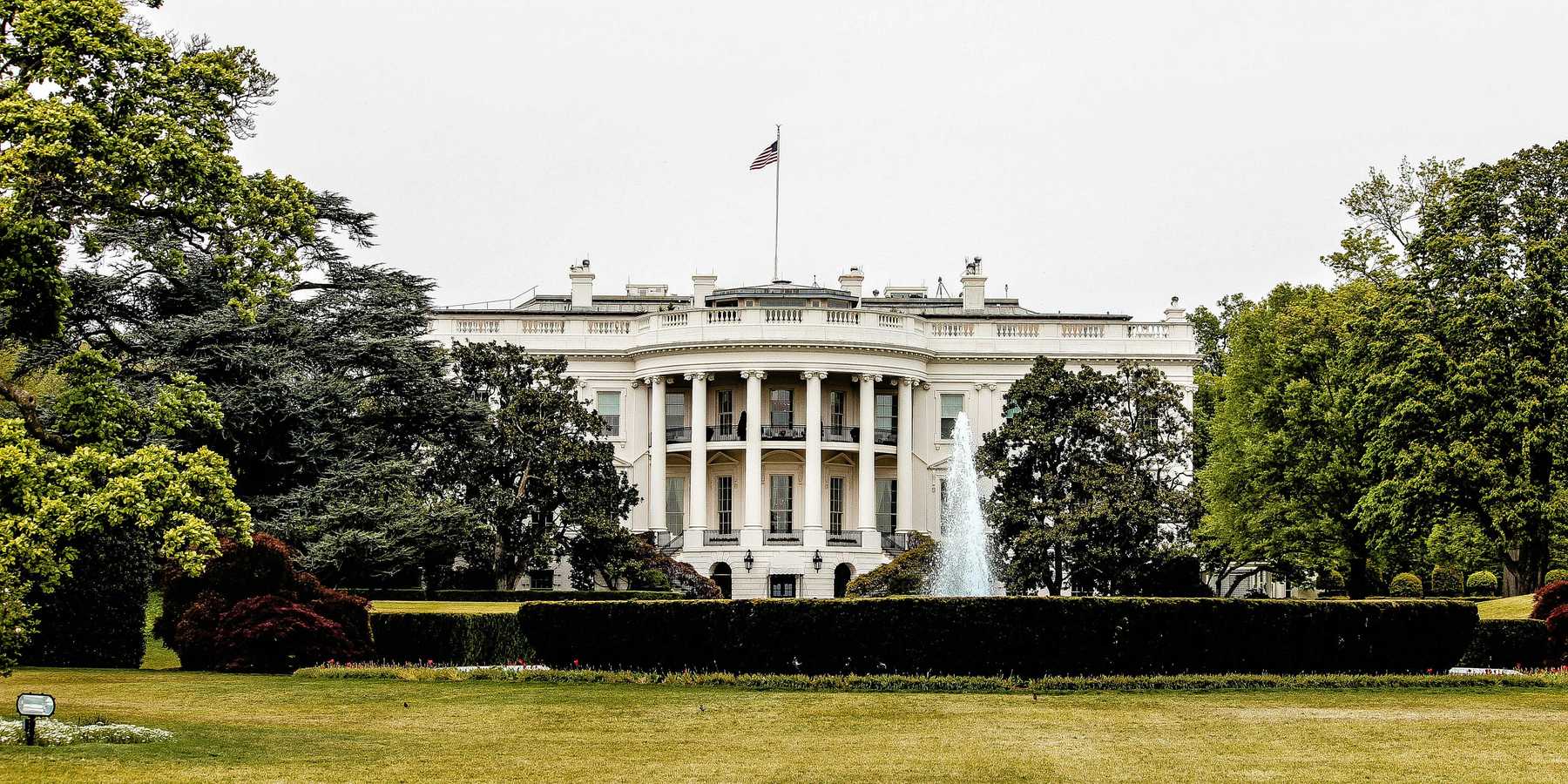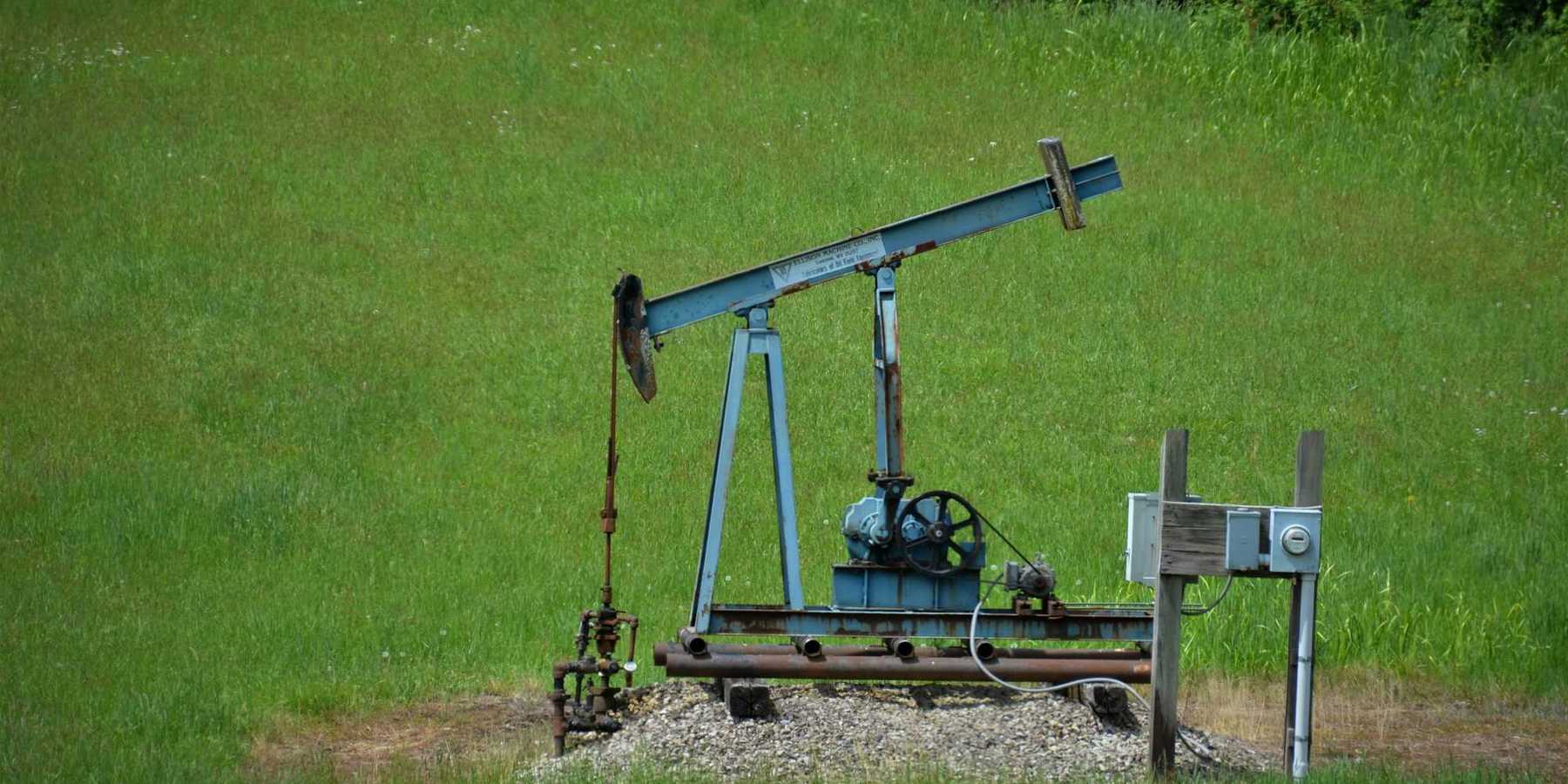16 August 2024
LNG exports linked to deaths and rising health costs, report finds
A new report from Greenpeace and Sierra Club reveals that liquefied natural gas exports in the U.S. cause around 60 premature deaths and nearly $1 billion in annual health costs, with numbers expected to rise significantly if planned terminals are built.
Dharna Noor reports for The Guardian.
In short:
- LNG export facilities currently contribute to 60 premature deaths and $957 million in health costs annually.
- Planned expansions could increase these numbers to 149 deaths and $2.33 billion in costs.
- Minority communities near these facilities are disproportionately affected by the pollution.
Key quote:
“We found those numbers stunning.”
— Andres Chang, senior research specialist at Greenpeace and study co-author
Why this matters:
Expanding LNG exports not only exacerbates climate change but also imposes serious health risks, particularly on marginalized communities. Regulatory actions could mitigate these harms, potentially saving lives and billions in health costs.



